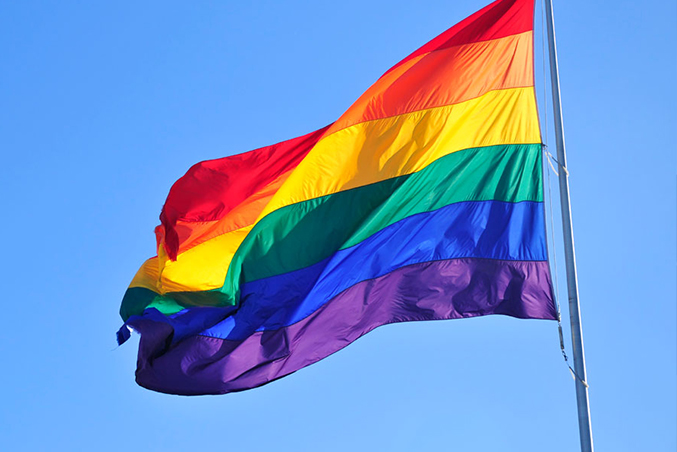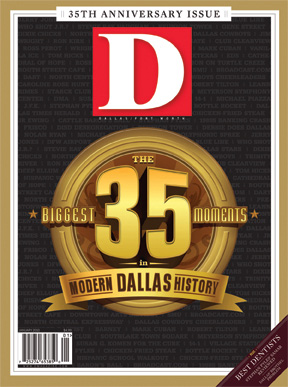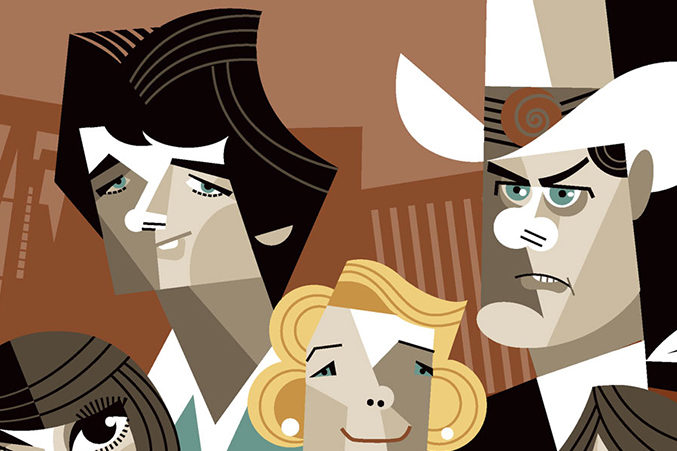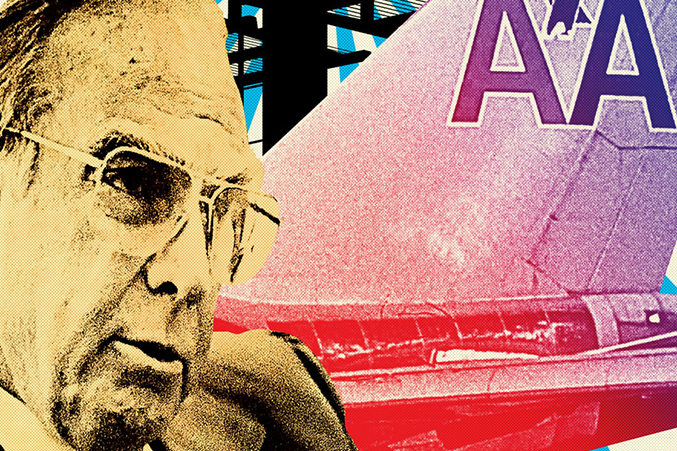Homophobia among the Dallas Police Department was common, and the raid at the old Village Station on Cedar Springs Road was one of many raids along the street during the 1970s. But it stood out in the number of arrests that were made and the number of vice squad officers present. I think the entire vice squad was involved. They arrested 12 people who were doing a bunny hop on the dance floor for public lewdness.
The Village Station raid became a turning point not just for the Cedar Springs area but for the whole gay community because four of the 12 men arrested decided to fight the charges. That was unique. That was the first time. No one had ever stood up to the police before. In the past, gays were fearful that any publicity surrounding an arrest for public lewdness could cause them to lose their jobs. They usually pleaded guilty to avoid publicity.
No mainstream media reported the Village Station raid—as such raids were commonplace—but they did cover the trials. The first two men were tried in Judge Chuck Miller’s court. I went to both trials. In the first trial, the prosecuting attorney was Marshall Gandy. I remember him saying to the judge in his closing argument, “Your Honor, if you acquit this person, you’ll be saying that the police are lying.” But Miller acquitted both.
District Attorney Henry Wade then dropped charges against two of the others in Chuck Miller’s court and refiled them in two courts where he hoped to get convictions. One was found guilty by Judge Berlaind Brashear. We filed a complaint that Wade was forum shopping. They sat on it for about 18 months, including through an election cycle. It was basically dismissed.
After the raid, we started publishing the names of officers who were arresting gays, and the police were very uncomfortable with that publicity. We had to be secretive in how we got the names. At that time, the police department released only the names of arresting officers to attorneys. So attorney Don Maison, who is now president and CEO of AIDS Services of Dallas, did it on the sly for us. As far as I know, the police department never figured out how we were getting the names. We put them in the Gay Alliance newsletter, the Dialog, and also in a statewide gay publication called This Week in Texas. By 1980, we had a file of about 60 complaints against police officers from people who said they had done nothing related to public lewdness yet had been arrested.
Around this time, we also started appearing at City Council meetings. I went to the Dallas City Council and said it was time for the harassment to stop. We thought police officers were being overzealous in arresting gay clientele in the bars. The notion of gay pride began to emerge.
The raid and its aftermath sparked a dialogue between the police department and the gay community that hadn’t existed before. It later led the police department to assign a liaison officer to the gay community. They still have one today.
Campbell Read is a retired SMU statistics professor and past board member of the Dallas Gay Alliance (now the Dallas Gay & Lesbian Alliance).
Author







